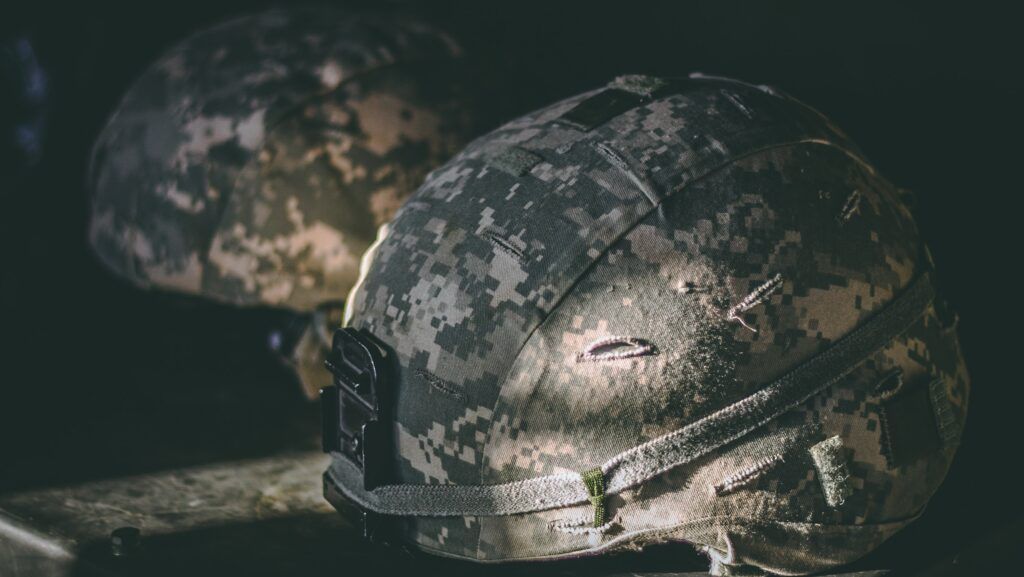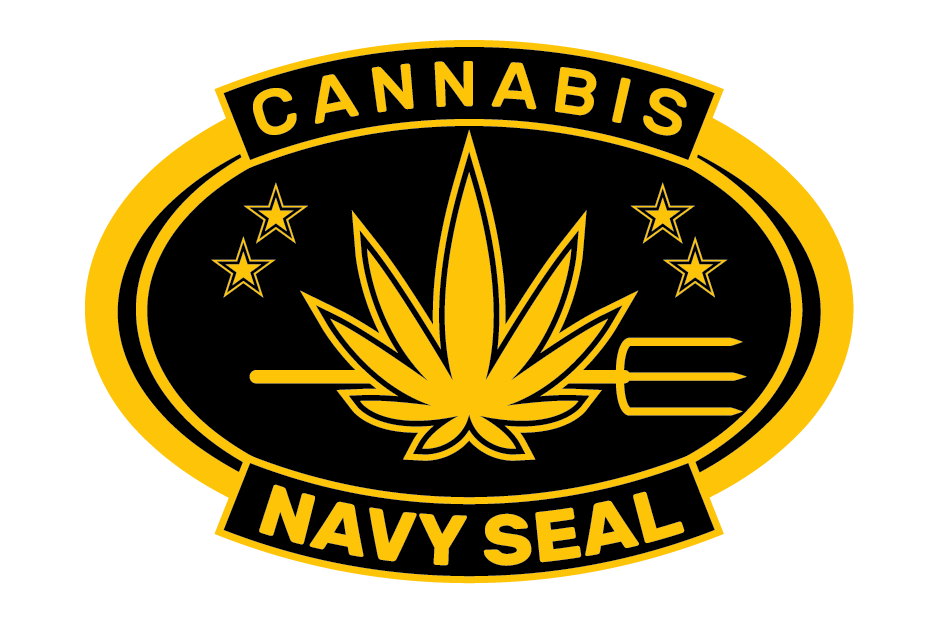Healing the Elite: The Debate Over Medical Marijuana for PTSD in Navy SEALs

Post-traumatic stress disorder (PTSD) is a significant concern within the military community, especially among Navy SEALs, who are often exposed to high-stress situations in war zones. The intense and demanding nature of their deployments and operations can lead to mental health challenges, including PTSD. Navy SEALs, renowned as one of the elite special forces, undergo rigorous training to prepare for the physical and mental demands of their missions. However, the recurring exposure to life-threatening situations and the trauma of war can leave deep psychological scars. As these operators return from deployment, the transition back to civilian life can amplify these challenges, making recovery a critical issue within Navy and military policy discussions.
Medical marijuana has emerged as a controversial yet potentially beneficial treatment for PTSD among veterans, including Navy SEALs. Traditionally, recovery regimens have focused on psychotherapy and pharmaceutical interventions, which do not always yield satisfactory results for all service members. The introduction of cannabis as a medicine offers an alternative pain relief and anxiety management option. Research suggests that certain cannabinoids in marijuana can regulate fear and anxiety, potentially helping to stabilize mood and improve sleep patterns in PTSD patients.
Despite these potential benefits, the use of medical marijuana in the military context is fraught with policy complications. Cannabis remains illegal under federal law, which clashes with state laws where medical marijuana is legal. This legal disparity presents a dilemma for Navy SEALs seeking cannabis treatments, as engaging with marijuana can jeopardize their military rank, benefits, and career. As such, policy reform within the military structure is a significant area of discussion, aiming to reconcile federal and state laws with the evolving landscape of medical treatments and the needs of military personnel.
Furthermore, the debate extends to the implications of medical marijuana use on the training and operational readiness of Navy SEALs. Concerns about the impact of cannabis on cognitive functions, reaction times, and overall military performance are central to the reservations held by military leadership. This leads to a complex balancing act between addressing the genuine pain and trauma recovery needs of Navy SEALs and maintaining the stringent standards of military operation and safety.
In conclusion, the impact of PTSD on Navy SEALs is profound and necessitates effective treatment strategies that align with the unique demands of their roles. Medical marijuana presents a promising option, yet it brings complexities regarding military policy, legality, and operational efficacy. For meaningful progress, a delicate approach is required, one that carefully considers the potential of cannabis within a framework that supports the health and operational capacities of these elite operators. As research continues and discussions mature, it is crucial for military policies to adapt, potentially paving the way for innovative and compassionate treatment solutions for our veterans.
